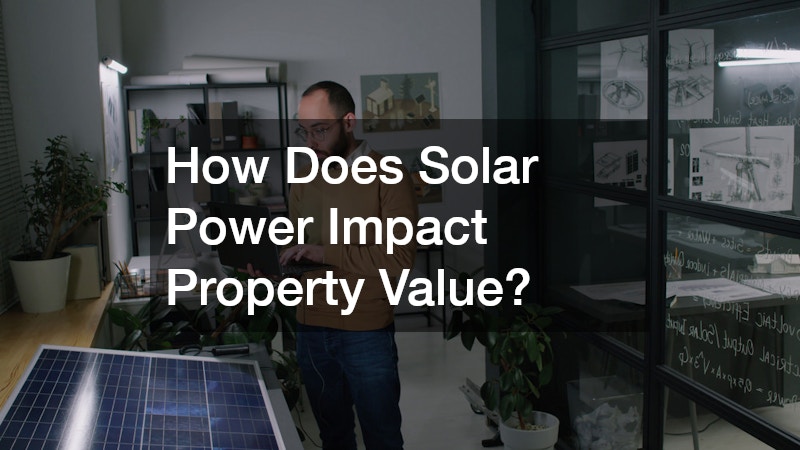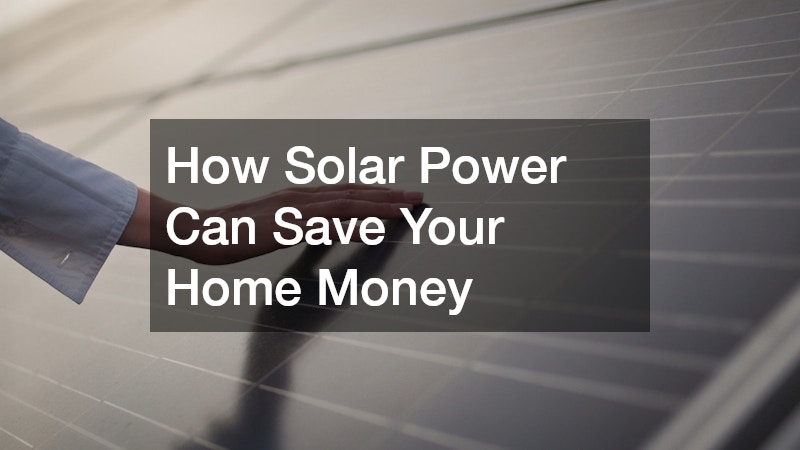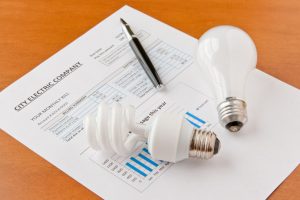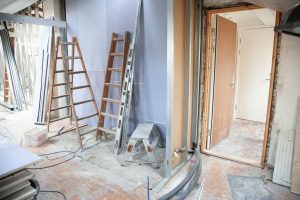Solar power has increasingly become one of the most effective ways for homeowners to reduce energy costs significantly. By investing in solar panels, homeowners not only cut down on their utility bills but also play an integral role in promoting sustainable energy solutions.
The financial benefits are significant, especially when considering the rising costs of conventional energy sources. By tapping into the power of the sun, consumers are able to lock in lower energy costs for years to come.
This article will guide you through the financial advantages of going solar, breaking down costs, savings, and the overall impact on home value and the environment.
What are the Upfront Costs of Solar Power Installation?
Cost Components Explained
Installing a solar power system involves several key components, primarily solar panels, inverters, and mounting equipment. The costs can vary widely depending on the brand and efficiency of the panels chosen.
Installation fees are another significant factor and may include labor and additional equipment required to connect the system to your home’s electrical wiring. Understanding each component can help you budget effectively for the entirety of the installation process.
Despite the simple appearance of solar panels, it’s worth considering the integrated systems and technology that make them a sizable investment initially. However, this outlay pays off over time.
Financing and Incentives
The good news is that there are numerous financing options available, including solar loans, leases, and power purchase agreements, which can make the initial investment more manageable. Many homeowners also take advantage of solar incentives, such as the federal solar tax credit, which can significantly reduce upfront expenses.
State-sponsored incentives and rebates vary, so researching local programs can also yield substantial savings. These financial aids are designed to lower the barrier of entry, encouraging more homeowners to make the switch to solar energy.
Taking advantage of these incentives and options ensures that the shift to solar energy is not just a sustainable decision but also a financially prudent one.
How Much Can You Really Save with Solar Energy?
Calculating Potential Savings
One of the primary factors in calculating savings is your average energy consumption, which can be offset by your solar energy production. The more electricity your home consumes, the more you stand to save by switching to solar.
By using a solar calculator, homeowners can estimate potential savings based on their specific energy usage patterns and local electricity rates. This calculation takes into account factors like solar panel efficiency and the amount of sunlight your location receives.
Potential savings are maximized by tailoring the solar installation to meet your particular energy needs, thus ensuring optimal financial benefit. Even conservative estimations can reflect substantial savings over the life of the system.
Comparing Solar Savings to Traditional Energy
When comparing solar energy to traditional energy sources, it’s evident that solar can offer a superior long-term financial return. While traditional energy sources are subject to price fluctuations, solar power provides price stability through fixed-rate billing.
The longevity and reliability of solar power further enhance its cost-effectiveness. Unlike traditional energy, solar power systems have minimal maintenance costs after installation, leading to further cost savings.
Even when accounting for the upfront costs, the switch to solar energy is often justified by the long-term financial benefits compared to unpredictable and often escalating energy costs with traditional sources.
How Does Solar Power Impact Property Value?
Increasing Home Value
Studies indicate that homes equipped with solar power systems typically enjoy an increase in property value. Buyers increasingly prioritize sustainability, making homes with solar systems more attractive.
This enhanced desirability and added property value can make investing in solar power not just about immediate savings, but also about a boost in long-term investment potential. Solar-equipped homes can sell faster and at higher prices compared to those without.
The impact of this enhancement in value can vary, but overall, a solar array is seen as a capital improvement that provides financial returns well beyond energy savings.
Market Trends and Resale Value
The real estate market has shown positive trends for homes with solar installations, with resale values improved across diverse market landscapes. As energy efficiency becomes a deciding factor in property purchases, having solar power is increasingly seen as an advantage.
Buyers are more aware of the cost-saving potential of solar energy, factoring this into the potential resale value. Market reports consistently show that solar-equipped properties are in high demand among environmentally-conscious buyers.
Even in fluctuating real estate markets, homes with solar installations have consistently commanded premium prices, reflecting broader societal trends towards sustainability.







